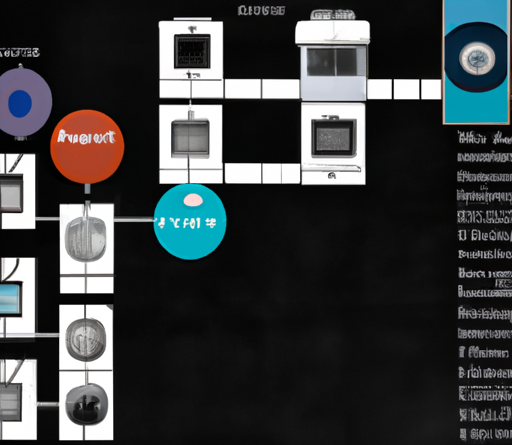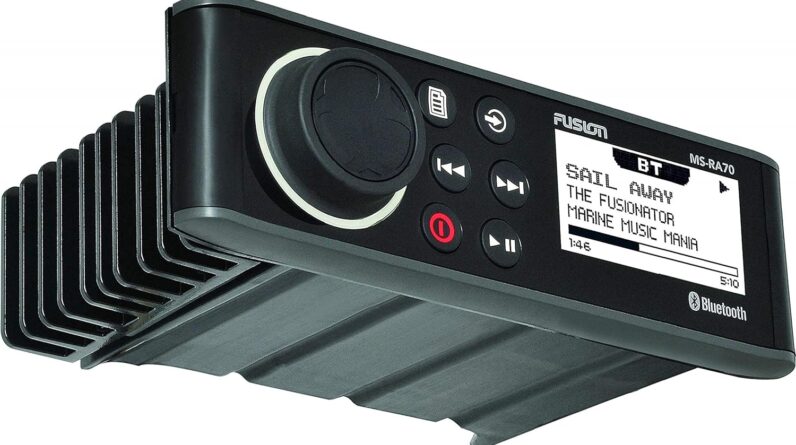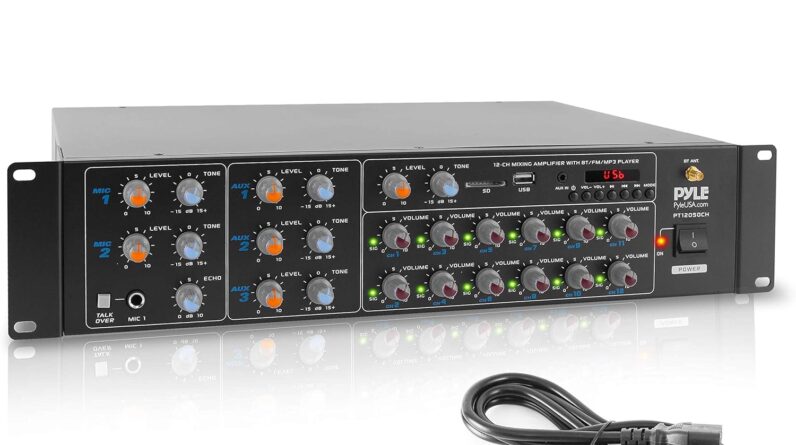
In the rapidly advancing age of technology, the adoption of smart home appliances is being influenced by both price and privacy concerns. As AI-powered devices become more prevalent and interconnected appliances offer convenience and efficiency, consumers are becoming increasingly intrigued by the concept of smart homes. CivicScience polling reveals that a significant portion of US adults intends to purchase new appliances in the next 6-12 months, with fridges, washers and dryers, and microwaves being the top choices. However, when it comes to smart home appliances specifically, only a small percentage of the general population is highly likely to purchase one in the near future. Interestingly, younger generations place greater value on controlling appliances through personal devices, indicating a potential market for smart homes among the upcoming home-buying demographic. Despite this, consumer trust in the privacy practices of smart home appliances remains low. With price being a key factor, age seems to be a determining factor in the willingness to invest in smart appliances. For deeper insights into the appliance and smart home market, keep reading.
Adoption of Major Smart Home Appliances Impacted by Price and Privacy Concerns
Introduction
The concept of smart homes, powered by artificial intelligence (AI), is growing in popularity as interconnected and intelligent appliances become more prevalent. However, the adoption of major smart home appliances is influenced by factors such as price and privacy concerns. In this article, we will explore key insights from CivicScience polling to understand consumer intentions to buy appliances, the likelihood of purchasing smart appliances, the importance of smart home control, generational differences in smart home preferences, factors considered when buying home appliances, brand favorability, data privacy in smart homes, trust in privacy practices, and the age and willingness to pay for smart appliances.
Consumer Intentions to Buy Appliances
According to CivicScience polling, 36% of U.S. adults intend to buy a new appliance in the next 6-12 months. Among potential buyers, the most popular home appliance purchases are fridges (31%), washers and dryers (30%), and microwaves (28%). A niche product, the steam closet, also garners interest, with 9% of consumers planning to purchase one.
Likelihood of Purchasing Smart Appliances
When it comes to smart home appliances specifically, close to one-quarter (22%) of the general population are at least ‘somewhat likely’ to plan to purchase one in the next six months. However, only 5% are ‘very likely’ to do so. This indicates that while there is some interest in smart appliances, there are still barriers preventing widespread adoption.
Importance of Smart Home Control
Around 18% of U.S. adults express the importance of controlling major appliances from a smartphone or tablet. This capability, common in smart appliances, holds particular value for younger generations. Consumers under 35 prioritize controlling appliances from their personal devices, indicating a desire for a more interconnected and intelligent home.
Generational Differences in Smart Home Preferences
While younger consumers are interested in smart home technology, they aren’t necessarily more likely to purchase smart appliances compared to other age groups. However, over 30% of consumers aged 18-35 are likely to purchase a residential property within the next year. This suggests that younger homebuyers may appreciate properties that offer updated appliances with Wi-Fi connectivity.
Factors Considered When Buying Home Appliances
Price is the primary consideration for consumers when shopping for major appliances, given the significant cost involved in replacing or adding them to a home. After price, brand (56%) and energy efficiency (46%) are the top factors considered. Energy efficiency is particularly important due to potential long-term cost savings, but consumers often struggle to see past the initial price tag.
Brand Favorability
Two major brands in the smart appliance market, LG Electronics and Samsung, have similar levels of favorability among consumers. LG Electronics has a favorability rating of 56%, while Samsung stands at 61%. Interestingly, although Samsung is more favorable among the general population, LG fans are slightly more likely to purchase a smart appliance in the next six months.
Data Privacy in Smart Homes
With the rise of smart home technologies, there are security risks and privacy concerns associated with software-based devices. CivicScience polling reveals that only 8% of U.S. adults express high trust in smart home appliances to protect their privacy, while 64% have little to no trust in these appliances. However, younger generations are more likely to have faith in the privacy practices of their smart homes, with Gen Z showing twice as much trust compared to the general population and four times as much trust compared to individuals over 35.
Trust in Privacy Practices
The data suggests that smart home technology is more of a lifestyle choice, appealing to younger generations seeking an interconnected and intelligent home. Older generations, on the other hand, are content with their current household appliances. Ultimately, age plays a significant role in determining how much a consumer is willing to pay for a new major addition to their kitchen or home.
Age and Willingness to Pay for Smart Appliances
As price is the primary concern for consumers, it is likely that age will influence their willingness to pay for smart appliances. Younger generations, who prioritize smart home features, may be more willing to invest in these technologies. Older generations, who are less interested in smart home capabilities, may not see the same value proposition and may be less willing to pay a premium for these features.
In conclusion, the adoption of major smart home appliances is influenced by price and privacy concerns. While there is some interest in smart appliances, barriers such as price and trust in privacy practices hinder widespread adoption. Younger generations, particularly those aged 18-35, place more value on smart home control and are more likely to consider purchasing smart appliances. As the market continues to evolve, brands that prioritize affordability, energy efficiency, and robust privacy practices are likely to appeal to consumers across different age groups.





